“Clogs to Clogs in Three Generations”: Why Legacy Planning Matters Across Cultures
“Clogs to clogs in three generations” is an old English proverb that encapsulates a powerful economic and emotional truth: the hard-earned wealth of one generation is often squandered by the third. The saying warns of the all-too-common trajectory of family fortunes — earned through toil, enjoyed by the next, and lost by the third.
This pattern isn’t unique to Britain. Versions of the phrase appear across many cultures, suggesting it is a universal human story — one where the absence of planning, stewardship, and purpose can turn riches into ruin.
Origin of the Proverb
The phrase “clogs to clogs” refers to wooden shoes traditionally worn by the English working class during the Industrial Revolution. The saying implies that one generation begins in poverty (wearing clogs), the second builds wealth and status, and the third — lacking the struggle and values of the first — returns to poverty.
It reflects a cycle of creation, enjoyment, and dissipation:
- Generation 1: Builds wealth through hard work and sacrifice.
- Generation 2: Benefits from wealth, focuses on enjoyment and status.
- Generation 3: Fails to appreciate its origins, mismanages assets, and returns to the starting point.
Global Versions of the Same Story
This concept is echoed worldwide:
- China: “Wealth does not pass three generations” (富不过三代 – fu bu guo san dai).
- Japan: “The third generation ruins the house” (三代目が家を潰す).
- Italy: “From the stables to the stars and back again.”
- Scotland: “The father buys, the son builds, the grandchild sells.”
- United States: “Shirtsleeves to shirtsleeves in three generations.”
Each culture has recognised the fragile nature of unplanned wealth — and the psychological shift that can occur when legacy is not supported by education and responsibility.
Why Legacy Planning Is Essential
Despite the shared cultural wisdom, many families fail to translate these lessons into action. Legacy planning isn’t just about taxes or wills — it’s about preserving values, safeguarding assets, and instilling responsibility across generations.
Without legacy planning:
- Heirs may lack the financial education to manage wealth.
- Family conflict can arise from unclear intentions.
- Charitable aspirations or business legacies can be lost.
- Wealth is exposed to erosion through mismanagement, inflation, or litigation.
With legacy planning:
- Families clarify their goals and vision for the future.
- Wealth transitions smoothly through generations.
- Next generations are prepared through governance and education.
- Philanthropic or business legacies can endure long-term.
The Role of Wealth Management Firms
Sophisticated wealth firms play a critical role in breaking the “three generations” curse. Their services go beyond investment management to include:
- Multigenerational estate planning
- Family governance structures
- Trust and fiduciary services
- Philanthropic advisory
- Succession planning for businesses
- Education and mentorship for heirs
By combining financial tools with emotional intelligence and family engagement, wealth advisors help ensure that families don’t just pass on money — but also values, culture, and a shared sense of purpose.
Conclusion: Building a Legacy That Lasts
“Clogs to clogs in three generations” isn’t destiny — it’s a warning. With deliberate planning, communication, and expert guidance, families can break the cycle. Legacy planning isn’t just about preserving wealth — it’s about sustaining a family’s identity and influence long into the future.
In today’s rapidly changing world, that’s an investment no family can afford to overlook.





